Dr Tara Zaksaite shares her experience of presenting at BU’s Cafe Scientifique on Tuesday 7 March.

My research
The research I presented as part of the Café Scientifique was on spatial memory. Spatial memory refers to our ability to remember where things are, for example remembering where you have put down your keys, or where you have met a friend. Interestingly, our spatial memory is affected by the emotional nature of information to be remembered. Research has found that emotional items, compared with neutral items, tend to be remembered better. However, these studies have mostly asked people to remember sets made-up of all neutral, all negative, or all positive items. In my research, I found when I intermixed items of different emotional valence, emotional items (both positive or negative) appeared to be remembered better than neutral items. There was also evidence of people using emotional information as a category to aid memory. The categorical effect was replicated, including with non-emotional categorical items (gender).
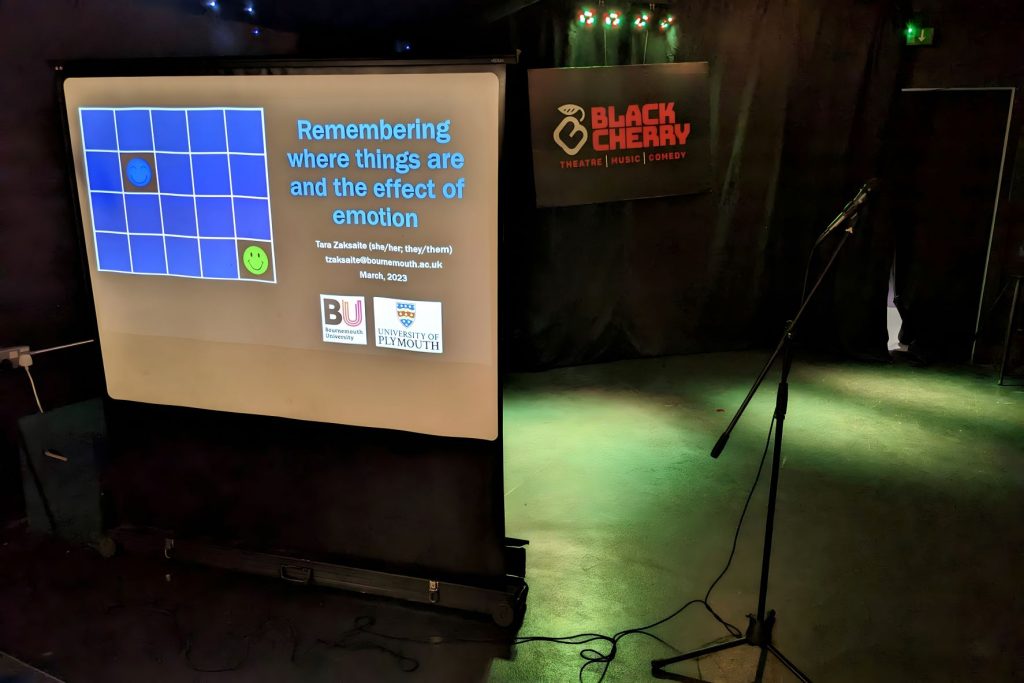
My Café Scientifique experience
I wanted to participate in Café Scientifique because I am passionate about public engagement in research. I acknowledge that there is a big gap in the way that we communicate research findings within academia and to the public, and I would like to contribute to narrowing this gap. I have also done public engagement events in the past and have thoroughly enjoyed them.
“I found that in general people tend to be enthusiastic about research, and that enthusiasm has rekindled my own enthusiasm for my research.”
I prepared for the event by thoroughly simplifying one of my conference presentations. This involved adding images to explain every step of the research, identifying key terms and how to best explain them, and only presenting information that was essential to understanding the research itself. I practiced the presentation several times to make sure I was comfortable delivering it, and adjusted it almost every time I practiced it, to make sure I did not skip any information, went too fast over it, or assumed any expertise on behalf of the audience.
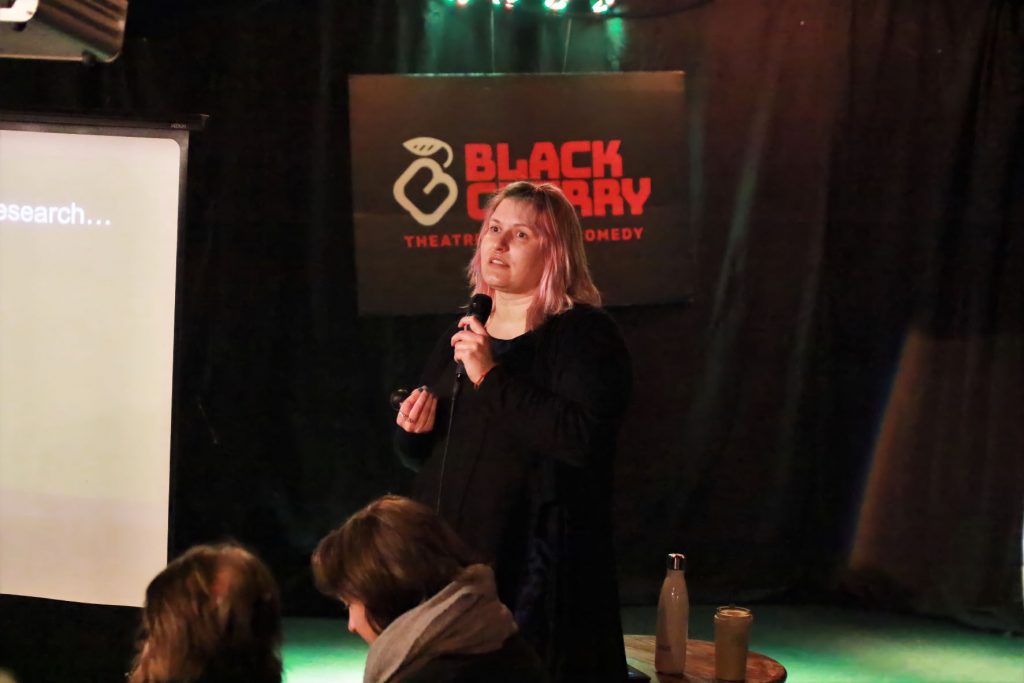
I thought that the talk went very well. I was greeted by Adam and George who were very friendly and welcoming, putting me at ease. I liked the format of the event too: firstly, 30-40 minutes for a talk is very generous and more than most regular conference presentations. Then, after the talk there was a break, which was a good way to catch my breath and relax a little. After this, there was the question portion of the evening. I admit I was a little nervous about the questions at first. However, the atmosphere was very nice and everyone in the audience was really friendly. I got asked interesting questions which led to some interesting discussions and useful suggestions for future research, as well as additional insight into the research.
Overall, I am very grateful for this opportunity to share my research with others, and to remind myself that this research is interesting and valuable. I am really thankful for the team organising these events and to everyone who came to listen. I hope there will be an opportunity to participate in Café Scientifique again in the future. If you are a researcher would like to present your research to the public, I would highly recommend this event – both for those who are new at public engagement and for those who have done events before.
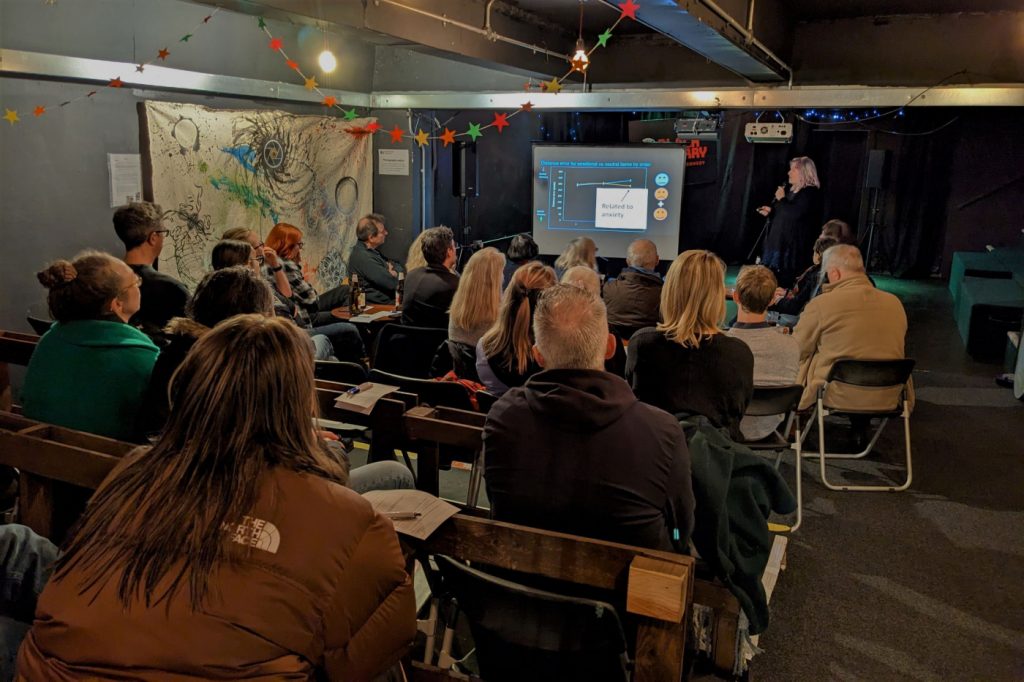
Cafe Scientifique is a place where anyone can come to explore the latest ideas in science and technology. We’ve been holding these talks in Bournemouth for over ten years and are currently at The Black Cherry, a fantastic venue in Boscombe, Bournemouth.
These Cafe Scientifique events are organised by the Research Excellence Team, in RDS. If you would like to take part in a future Cafe Scientifique, please complete our expression of interest form and we will be in touch if we think you’ll fit the bill.
If you have any questions about Café Scientifique, please get in touch at publicengagement@bournemouth.ac.uk
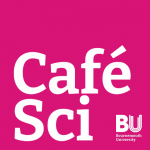 Café Sci – Tuesday 7 March 2023: Emotion and its effects on spatial memory
Café Sci – Tuesday 7 March 2023: Emotion and its effects on spatial memory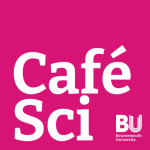 Get involved in the return of Café Scientifique
Get involved in the return of Café Scientifique










 Expand Your Impact: Collaboration and Networking Workshops for Researchers
Expand Your Impact: Collaboration and Networking Workshops for Researchers Visiting Prof. Sujan Marahatta presenting at BU
Visiting Prof. Sujan Marahatta presenting at BU 3C Event: Research Culture, Community & Can you Guess Who? Thursday 26 March 1-2pm
3C Event: Research Culture, Community & Can you Guess Who? Thursday 26 March 1-2pm UKCGE Recognised Research Supervision Programme: Deadline Approaching
UKCGE Recognised Research Supervision Programme: Deadline Approaching ECR Funding Open Call: Research Culture & Community Grant – Apply now
ECR Funding Open Call: Research Culture & Community Grant – Apply now ECR Funding Open Call: Research Culture & Community Grant – Application Deadline Friday 12 December
ECR Funding Open Call: Research Culture & Community Grant – Application Deadline Friday 12 December MSCA Postdoctoral Fellowships 2025 Call
MSCA Postdoctoral Fellowships 2025 Call ERC Advanced Grant 2025 Webinar
ERC Advanced Grant 2025 Webinar Update on UKRO services
Update on UKRO services European research project exploring use of ‘virtual twins’ to better manage metabolic associated fatty liver disease
European research project exploring use of ‘virtual twins’ to better manage metabolic associated fatty liver disease